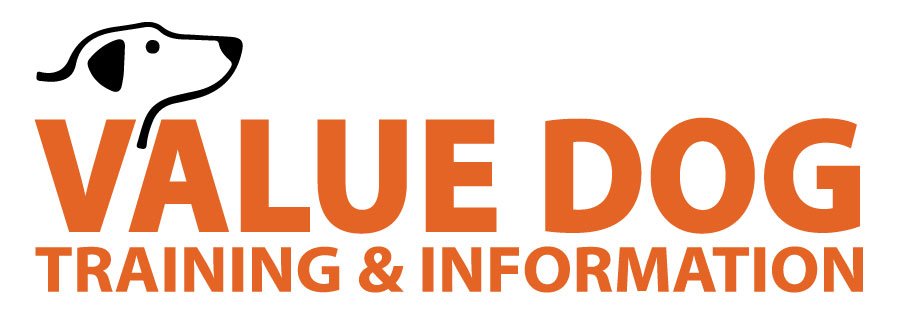Spring Hazards for Dogs
Spring Dangers That Can Affect Your Dog
Welcome spring with longer days and warmer weather, the change of season can mean big trouble for your dog. Dogs who have been cooped up all winter are suddenly more susceptible to environmental irritants, exposure to toxic chemicals and overexertion, not to mention activity-related injuries, parasitic diseases and chance encounters with critters that don’t have their best interests in mind.
To help you keep your dog safe this season, here are some springtime dangers to look out for and how to keep your dog happy and healthy as the weather warms up.
A Dangerous Fetch
Speaking of fetch, be sure to use dog fetch toys, when you play with your dog. It may be tempting to pick a stick up off the ground, but these can be harmful to your dog’s health. They can splinter in your dog’s mouth or cause an obstruction in his digestive tract and can also be covered in tummy-irritating mold.
Histamine Overload
Just like humans, dogs can experience seasonal allergies, Dust, mold and pollen are among the most common triggers of seasonal allergies in dogs, and symptoms can include sneezing, coughing, excessive scratching, licking and chewing.
Bee Stings
Like people, some dogs can have an allergic reaction to bee stings, especially if stung by multiple bees.
If you suspect your dog is having an allergic reaction, consult your veterinarian to determine the appropriate treatment, such as Benadryl Dosage over the counter .25mg per 25lb dog
Bad Bouquets
Nothing says spring like freshly cut flowers, but those beautiful bouquets can prove fatal to your furry friends. Lilies are extremely toxic to all dogs, All parts of the plant, including the pollen, flower and leaves, are poisonous. If you must have lilies in the house, keep them well out of reach.
Bugging Out
Spring means warmer weather, longer days and lots of bugs. While it’s important to keep your dogs on pet prescription heartworm medicine and flea and tick meds; veterinarians say it’s more essential during the warmer months when bugs are most prevalent. Don’t forget to check your dogs for ticks after walks in wooded or grassy areas.
Puddle Protection
April showers also bring puddles. Don’t let your dog drink from stagnant water sources like puddles or lakes. This can lead to gastrointestinal upset or more serious health concerns like Leptospirosis, a bacterial infection that can cause severe damage to the kidneys and liver.
Lethal Landscaping
April showers may bring May flowers, but when planting your spring garden, you’ll want to avoid flowers like azaleas, sago palms and rhododendrons, which are highly toxic to dogs. Fertilizers, herbicides and insecticides can also harm outdoor animals, and even something as seemingly harmless as mulch can prove unsafe. Some mulch contains coffee grounds. When accidentally eaten, these can lead to caffeine toxicity. Bring your pet to the vet immediately if you think he has ingested any poisonous plants or garden supplies.
Fertilizers and Mulch
Fertilizers contain a wide assortment of potentially toxic substances including iron and nitrogen. They could also have pesticides, fungicides, or herbicides. Even if the chemicals don’t poison your dog, large amounts of fertilizer could result in gastrointestinal or pancreatic problems.
Rat Poison = Dog Poison
Anything designed to kill insects, rodents or other pests could prove fatal to your pet too. Monitor your pet closely after protecting your home and yard from springtime invaders, and if you notice symptoms of lethargy or changes in appetite, see a veterinarian immediately.
Wild Animals
You and your pets aren’t the only ones enjoying the warm weather. Hawks, foxes and other wild animals are also coming out of their winter hiding spots, and they’re often on the hunt for food. Small cats and dogs should not be left outside alone unmonitored, even in urban areas, as you never know who’s in the sky or on the other side of the fence. They also can carry viruses that pets may be susceptible too if bitten.
Weekend Warrior Syndrome
Don’t expect your dogs to be at their peak physical performance as soon as the snow clears. After several months inside and inactive, your dog may have gained weight, lost muscle tone and be a little stiff in the joints. Reintroduce him or her slowly to his or her favorite outdoor activities by starting with short runs and hikes or gentle games of fetch and Frisbee until he or she is used to an increased level of activity.
Value Dog Training - For Training Information, contact us at 916-201-7080.
Value Dog Training - Mission is to improve the quality of life for dogs, and the people who love them.
© 2022 Value Dog Training. All Rights Reserved.
